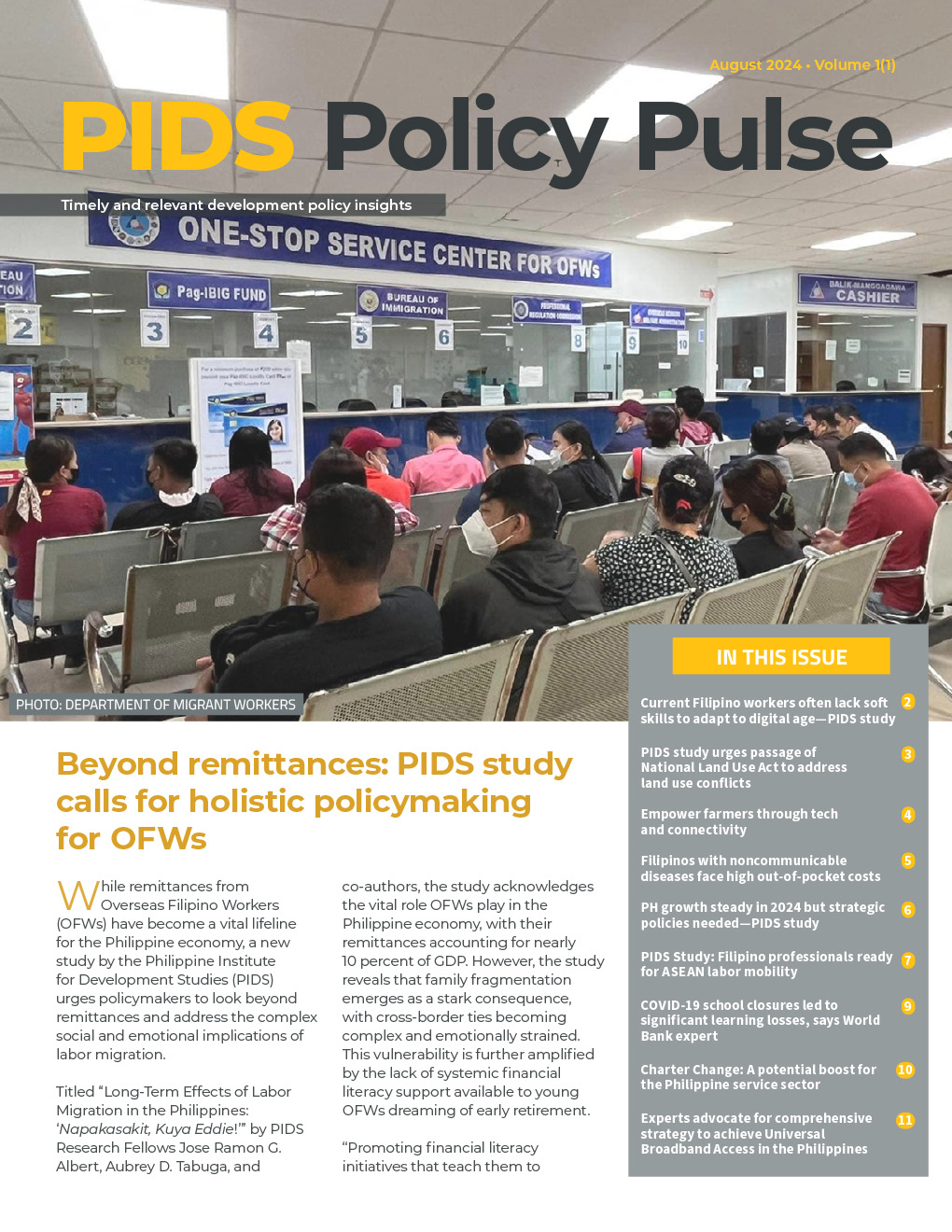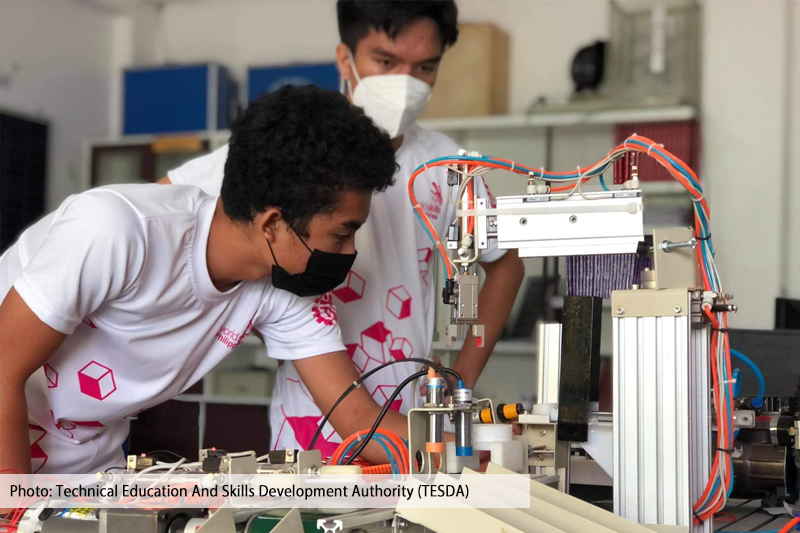Philippines extends beyond unemployment.
This Ancieto Orbeta of Philippine Institute for Development Studies argued in his presentation in a recent press conference.
He said that unlike the usual problems plaguing the labor sector, the problem in employment must not only focus on those who are unemployed but also on the underemployed and fully employed whose earnings are below subsistence productivity.
Orbeta, along with researchers Vicente Paqueo, Leonardo Lanzona and Dean Dulay, said the unemployed; employed but earning below subsistence or those whose income are below the food poverty threshold; and the fully employed but work for more hours to contribute to more output to earn more, are tagged as "unproductive workers".
Based on the Labor Force Survey Data used by the researchers, the number of these unproductive workers has increased from 7,760,573 in 2001 to 13,774,135 in 2010 and is still steadily rising.
As of 2010, there are 2,798,639 unemployed or only 20 percent of the number of unproductive workers.
Of the total number, the underemployed above subsistence productivity has the largest proportion at 42 percent or 5,743,202; followed by the fully employed below subsistence productivity at 28 percent or 3,834,197 workers; and there are some 1,398,097 underemployed below subsistence productivity or 10 percent.
Furthermore, Orbeta explained unemployment does not really mean poverty among unemployed workers.
He said while it is commonly perceived the unemployed are the poor, a large proportion of them are actually not.
Usually, these non-poor are unemployed because they chose to invest their time to find the ideal and right job for them.
The researchers found these non-poor unemployed persons seek jobs to match their knowledge, skills and qualifications.
On the other hand, for the poor, employment is survival.
These poor, as perceived, cannot afford to be without a job for a long time prompting them to settle for low-paying or low productivity jobs, which often fail to lift them out of poverty.
With these Orbeta stressed the challenge is not just the lack of job opportunities but the inability of these unproductive workers to earn a decent income through productive employment or even self-employment.
The researchers, in their jobs expansion and development initiative raised two suggestions to help address these challenges mainly to accelerate labor-intensive production such as manufacturing of commodities to expand job opportunities and to promote education as the best investment towards human capital development to give the workforce productive employment opportunities.
He noted programs relevant to employment and livelihood must not only be addressed to the unemployed but for all kinds of labor force given that even those who are employed also has a difficulty in obtaining productive employment to enable them to earn enough for their needs.//











